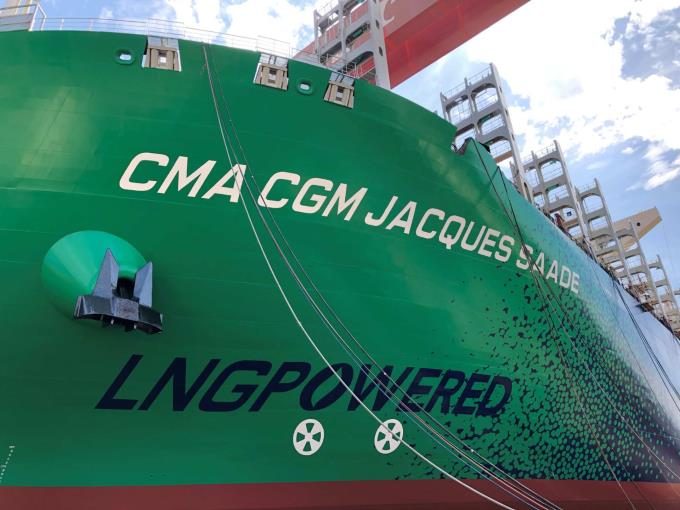Real test of Gemini hub and spoke model yet to come, says Maersk
Early signs may be positive for the Gemini Cooperation’s “hub and spoke” model, but head ...

Recent shipowner behaviour over LNG has re-ignited a clash between the fuel’s opponents and the shipping industry at large.
UCL’s Professor Tristan Smith says he is sceptical of the new momentum in LNG and that the container lines were copying one another, “perhaps because none of them are brave enough to read the IMO’s revised strategy, or really figure out what it means for rate of change of technology”.
This was “bizarre”, he said, in light ...
Volcanic disruption at Anchorage could hit transpacific airfreight operations
Macron calls for ‘suspension’ – CMA CGM's $20bn US investment in doubt
Forwarders stay cool as US 'liberation day' tariffs threaten 'global trade war'
Shippers snap up airfreight capacity to US ahead of tariff deadline
De minimis exemption on shipments from China to the US will end in May
Tighter EU import requirements proving 'a challenge' for forwarders
Looming Trump tariffs will create 'a bureaucratic monster' for Customs

Comment on this article